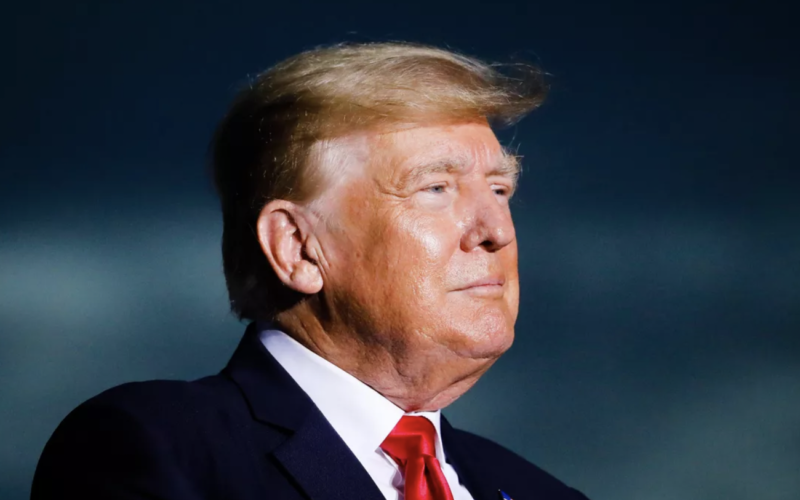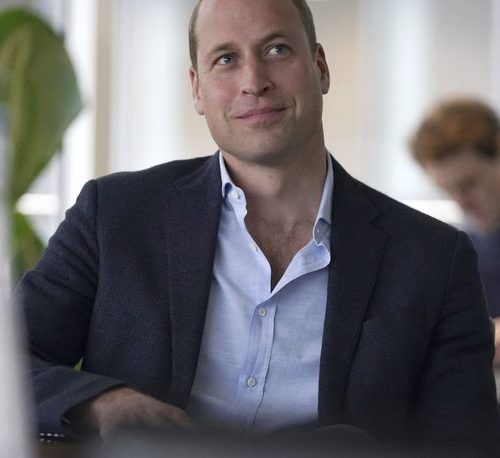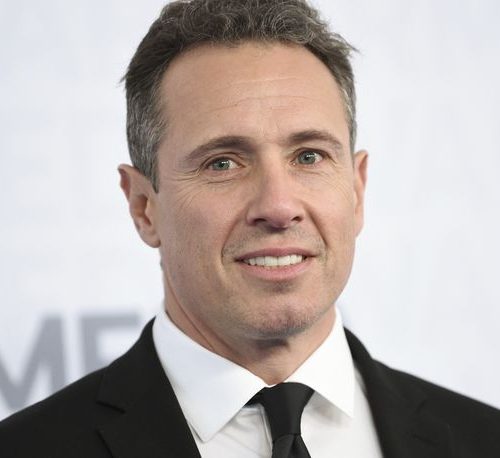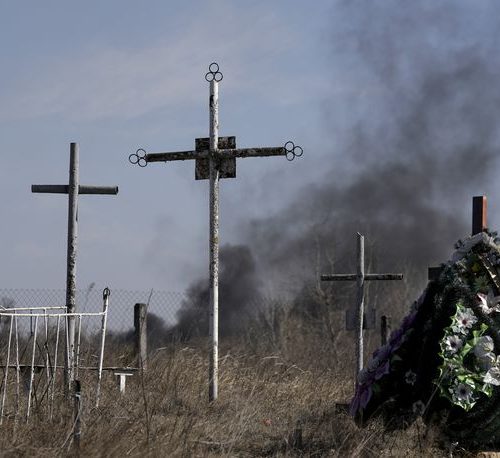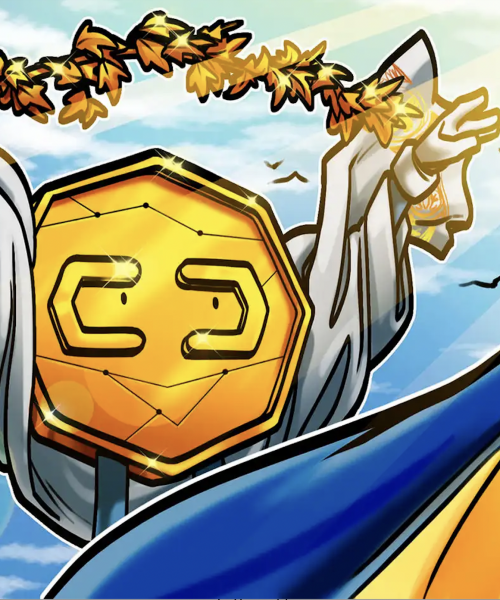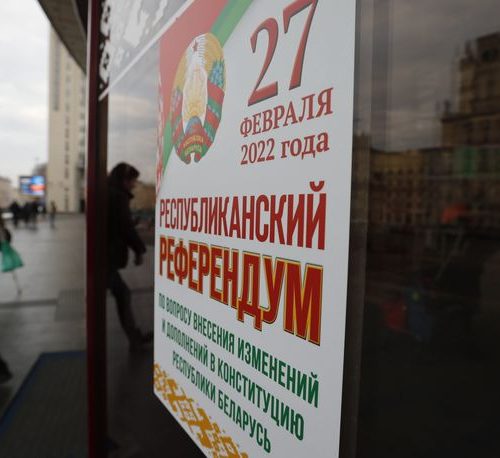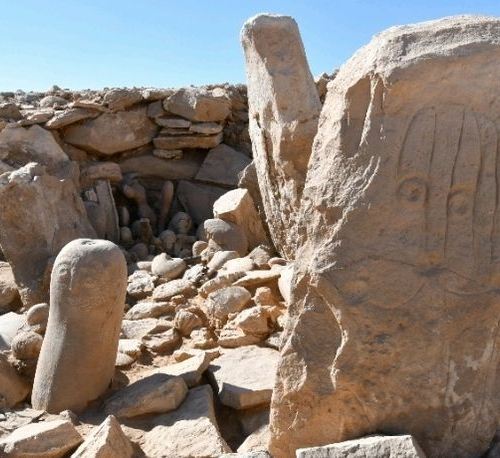Erin Carson, Queenie Wong | CNET.Com
Troy Warren for CNT
After being banned earlier in the year, the former president is on the offensive.
Former President Donald Trump said Wednesday he’s filed lawsuits accusing Google, Facebook, Twitter and their CEOs of First Amendment violations for alleged censorship.
The three lawsuits, which specifically name Google CEO Sundar Pichai, Facebook CEO Mark Zuckerberg and Twitter CEO Jack Dorsey, come after Trump was banned from major social media platforms earlier this year. Facebook, Twitter and Google-owned YouTube booted Trump in the wake of the deadly US Capitol riot on Jan. 6, citing concerns that he would incite more violence.
Lawsuits that allege censorship and that argue social media companies violate the First Amendment when they remove posts or ban users have repeatedly been rejected by courts across the country. The First Amendment applies to the government, not to private companies like social media sites.
Paul Barrett, deputy director of the NYU Center for Business and Human Rights, said Trump’s lawsuits were dead on arrival, noting that the First Amendment doesn’t prevent private companies from moderating content.
“In fact, Facebook and Twitter themselves have a First Amendment free speech right to determine what speech their platforms project and amplify and that right includes excluding speakers who incite violence, as Trump did in connection with the January 6 Capitol insurrection,” Barrett said in a statement.
During a press conference, Trump said the lawsuits will seek punitive damages and an “immediate halt to social media companies’ illegal, shameful censorship of the American people.” He also cited the platforms’ use of Section 230 of the Communications Decency Act, which provides legal protections to companies over what gets posted to their sites. The lawsuit is in partnership with the America First Policy Institute. Trump is seeking class action status for the suits. The three separate suits were filed Wednesday with the US District Court for the Southern District of Florida, Miami Division.
“We’re not looking to settle,” Trump said.
Facebook and Google didn’t immediately respond to a request for comment. Twitter declined to comment.
Twitter permanently banned Trump in January. YouTube initially suspendedTrump in January and later said it would curtail his suspension when the company determined that the “risk of violence has decreased.”
Facebook initially blocked Trump in January but then sent that decision to its oversight board for review. In June, Facebook’s oversight board ruled Trump would be barred from the social network, as well as Instagram, for at least two years. At the end of that period, Facebook will look at whether “violence, restrictions on peaceful assembly and other markers of civil unrest” have receded in order to determine if Trump will be allowed to post again.
The tech companies’ decisions to take Trump off their platforms drew criticism from conservatives who say platforms like Facebook and Twitter censor political speech they don’t agree with. Facebook, Twitter and Google have all said that’s not the case.
Without access to the big-name social networks, Trump supporters have been looking at where else they can gather online. Former Trump senior adviser Jason Miller is reportedly behind a social media app called Gettr that bills itself as a “non-bias social network for people all over the world.” The app was briefly hacked over the weekend.
CNET’s Joan Solsman contributed to this report.
In Other NEWS


























